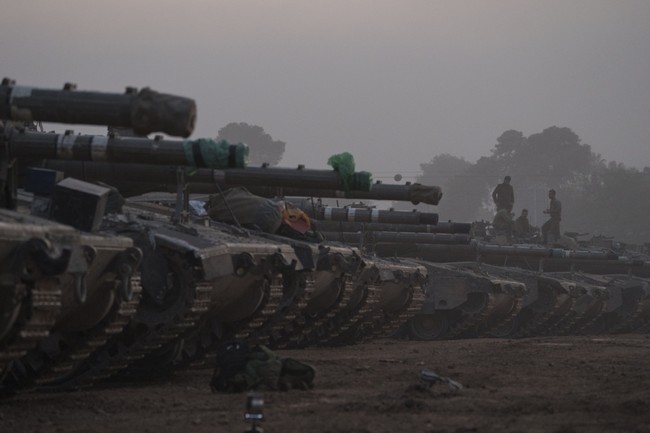The world has been full of conflict since…well, whenever. I’m a history buff, and I can’t really think of a time of protracted peace since the dawn of recorded history. Some places have had relative peace, but there’s always been a war going on somewhere. We’re a contentious people, after all.
But good news, everyone. We’ve apparently figured out the cause for war.
Despite guns only really coming on the scene in the West in the late medieval period and then only in extremely limited numbers and not becoming a primary weapon of battle for a couple hundred more years, it seems the gun trade is what causes war.
At least, that’s the gist of this piece reviewing a book on the arms trade.
That is the quotation from poet Wilfred Owen which inspires the title of the new book published by Pluto Press alongside Jeremy Corbyn’s Peace and Justice Project. Edited by Rhona Michie, Andrew Feinstein and Paul Rogers, all renowned for their work campaigning against the arms trade, it is a thorough analysis and striking exposé of the arms trade globally in this period of escalating war.
The book reveals an arms trade which is running rampant globally, unrestricted by weak international and domestic laws, and which is producing vast profits for the richest in the world on the back of the deaths of innocent people and the destruction of their communities.
Given Israel’s barbaric war in the Middle East and the bloody battle between Nato and Russia in Ukraine, it is a timely book showing how the arms trade perpetuates war and how it reflects and reinforces the imperialist world in which we live.
Following a compelling introduction from Jeremy Corbyn, the book looks at how the global arms trade operates, the devastating impacts it has on people and the environment and concludes with a section on various campaigns that are fighting the arms trade.
First, if you refer to Israel’s response to the October 7th attacks as “barbaric,” then I can automatically dismiss your opinion on conflict in general. If the torturing and slaughtering of innocent men, women, and children doesn’t warrant a response, I don’t know just what would.
Second, the arms trade isn’t perpetuating war.
Now, I’m not going to say that an industry won’t try to create a demand for their product because that happens all the time, but arms are going to be a little different.
For one thing, war has been going on since before there was a global arms trade. Swords, spears, axes, daggers, and any other weapon from early man to the rise of firearms were made regionally to start with, though as trade grew between different regions, some areas were known for making better weapons. Toledo in Spain is a well-known example. They made amazing swords and having one from there became something of a status symbol.
But it was the demand that drove the trade. Toledo swordmakers didn’t spark off wars to sell their goods.
Further, there’s no evidence that arms manufacturers, including the firearm industry itself, have been the driving force for any armed conflict. Ever.
What we’re seeing here is the typical anti-gun argument writ large.
Guns, you see, are the problem and if guns weren’t available, we’d have peace and harmony. Never mind that the oldest known battlefield is over 3,000 years old, meaning it long predates firearms anywhere on the planet. I’m also pretty sure that it predates any hint of a global arms trade.
Look, if you want to take issue with the lethality of weapons, that’s fine. If you want to blast the arms industry for making weapons so deadly, be my guest. You’ll look like an idiot, but you have a right to opt to look like an idiot.
But don’t try to pretend that somehow, the people who sell the arms are somehow responsible for tyrants and madmen across the nation. They’re not.
Read the full article here


